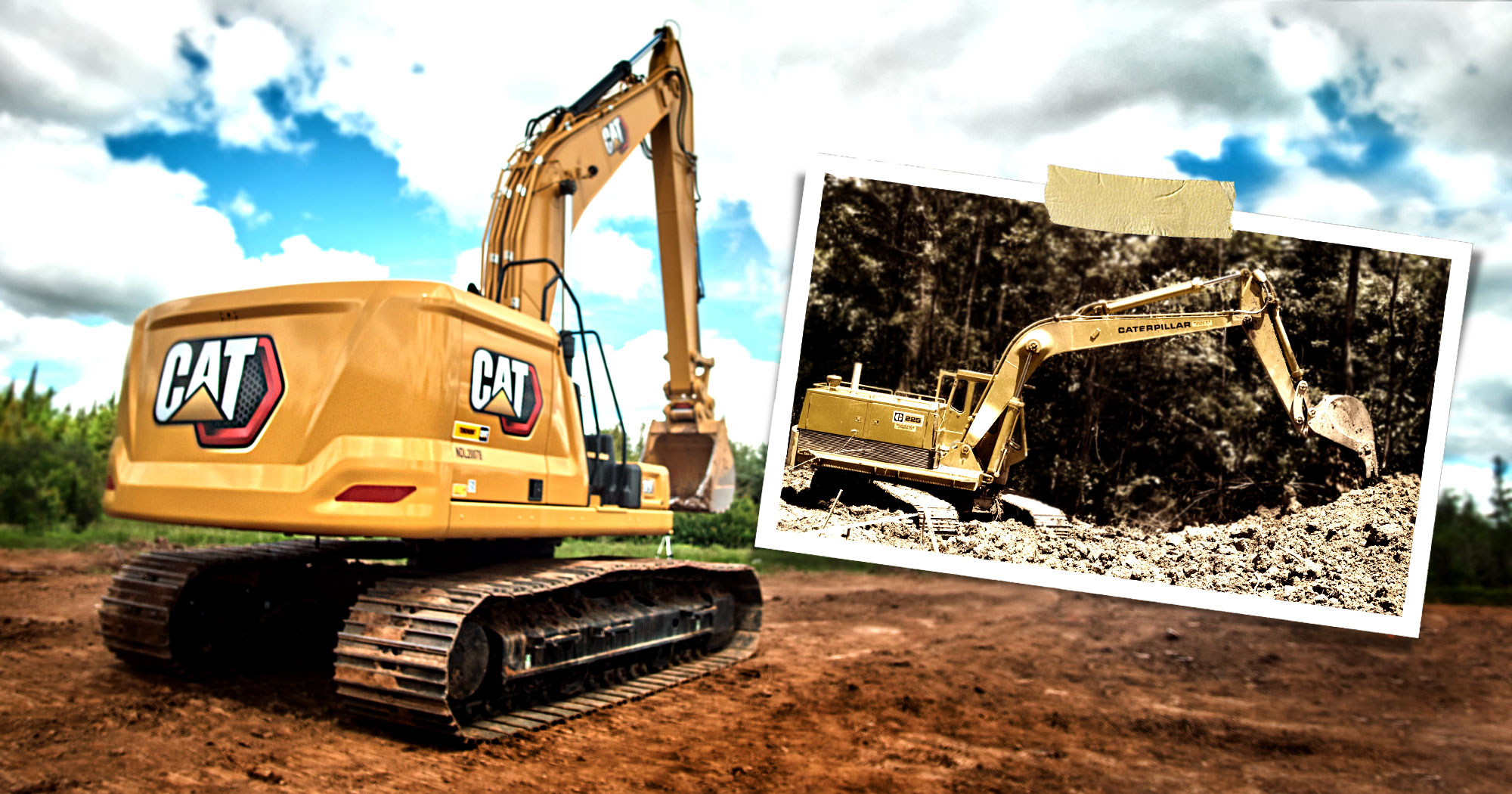
From hand tools to heavy machinery, necessity has always driven innovation.
According to Lee Fosburgh, Caterpillar’s corporate archivist, the first excavators emerged in Europe in the late 1960s, in response to the mining industry’s need for bigger and more powerful machines. 
Caterpillar took notice and set to work improving on those early designs. While the engineers focused on features and manufacturing, a marketing task force strategized how to best introduce and differentiate excavators for North American customers.
A running start
By 1968, testing had begun at Caterpillar’s Technical Research Center in Mossville, Illinois. By 1970, a prototype entered the market in Europe and the United States. Over the next two years, the design was refined to include joysticks. Cables were replaced with hydraulic hoses, which enabled the excavators to maintain force during digging and work more efficiently.
 In 1972, Caterpillar introduced its first customer-ready hydraulic excavator: model 225. To make it stand out from competitors, the marketing team asked for the undercarriage to be painted black. The 225 was able to lift, dig, and load more — revolutionizing what was possible at job sites, and quickly becoming a global leader in the excavator market.
In 1972, Caterpillar introduced its first customer-ready hydraulic excavator: model 225. To make it stand out from competitors, the marketing team asked for the undercarriage to be painted black. The 225 was able to lift, dig, and load more — revolutionizing what was possible at job sites, and quickly becoming a global leader in the excavator market.
Excavator evolution
Since debuting its excavators, Caterpillar has shown its commitment to continual improvements that boost productivity and enhance operator experience.
- After 30 years, Caterpillar introduced the next generation of Cat excavators — starting with model 323 — featuring electronic hydraulic systems for improved control.
- The 323 also included Cat® Payload technology, which ensures against the overloading and underloading of materials — removing the risk of fines and saving fuel.
- More recently, Cat excavators were equipped with software that can be updated remotely, reducing costly downtime.
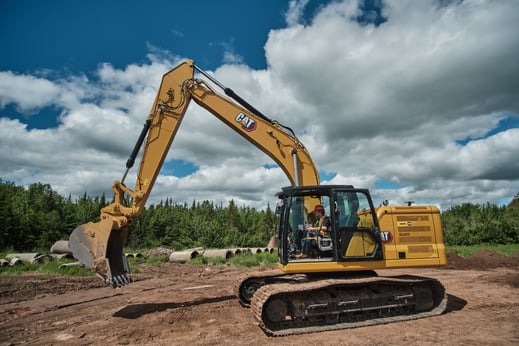
Today, Caterpillar offers GC and Performance excavators in a wide selection of versatile models — each offering a combination of features and functions suited to different applications.
Above and beyond
Ryan Neal is Caterpillar’s North American Product Application Specialist for excavators — and a former full-time excavator operator himself — spoke about the appeal of Cat excavators for today’s operators.
- Operator comfort has been enhanced with the addition of Bluetooth, radio, better seating, and improved visibility.
- E-Fence technology improves safety and reduces stress, by letting operators electronically set limits — the floor, ceiling, walls, and swing angles — of an invisible box that contains the excavator's movements. If any part of the machine touches a boundary, motion in that direction is stopped automatically.
With every new addition, Caterpillar helps operators work efficiently and increase productivity, with the goal of completing jobs quickly — and getting paid faster.
A promising future
Caterpillar continues to be a market leader in the excavator industry and is focused, more than ever, on sustainability.
Looking for next-gen Cat excavators?


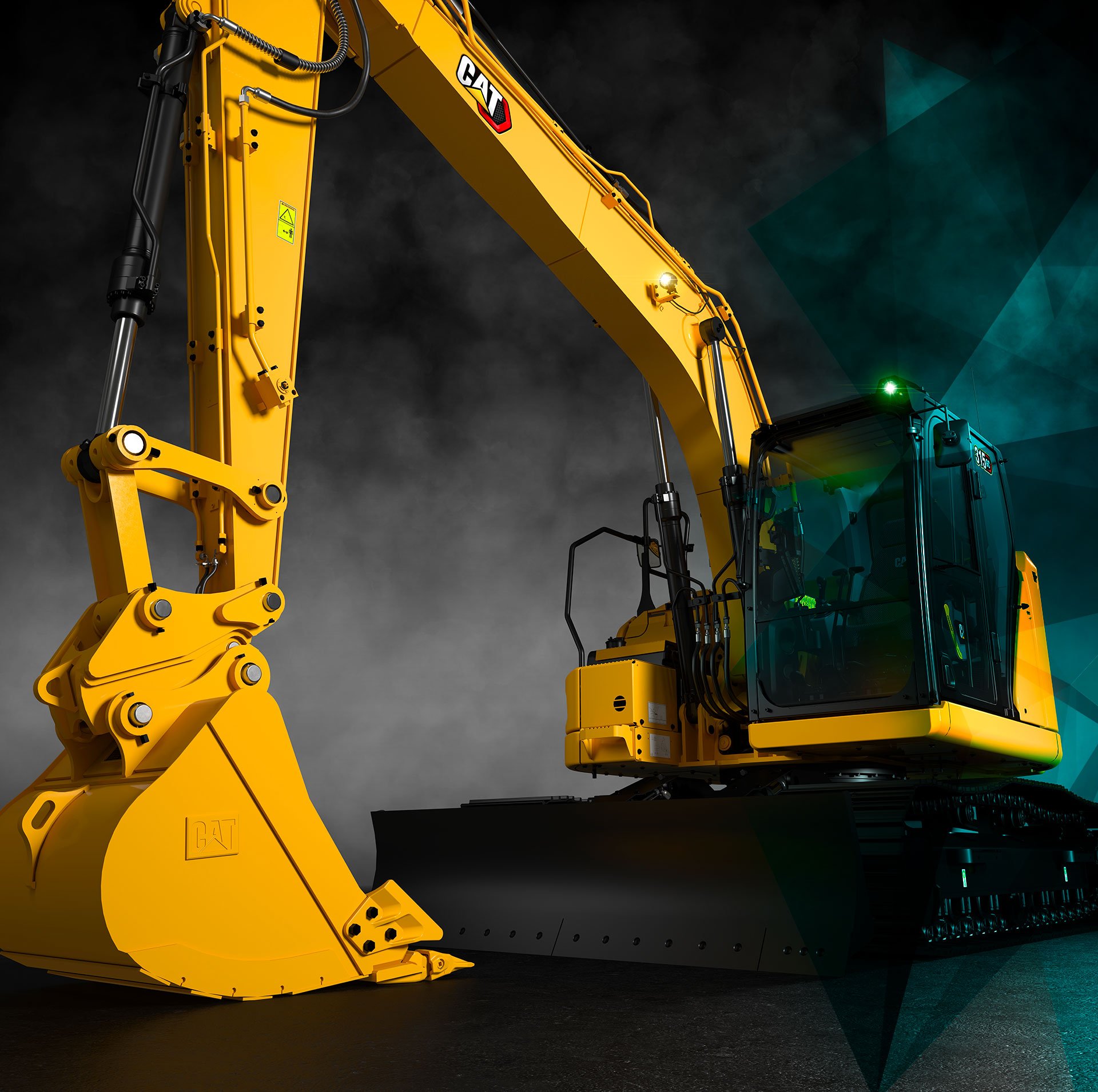

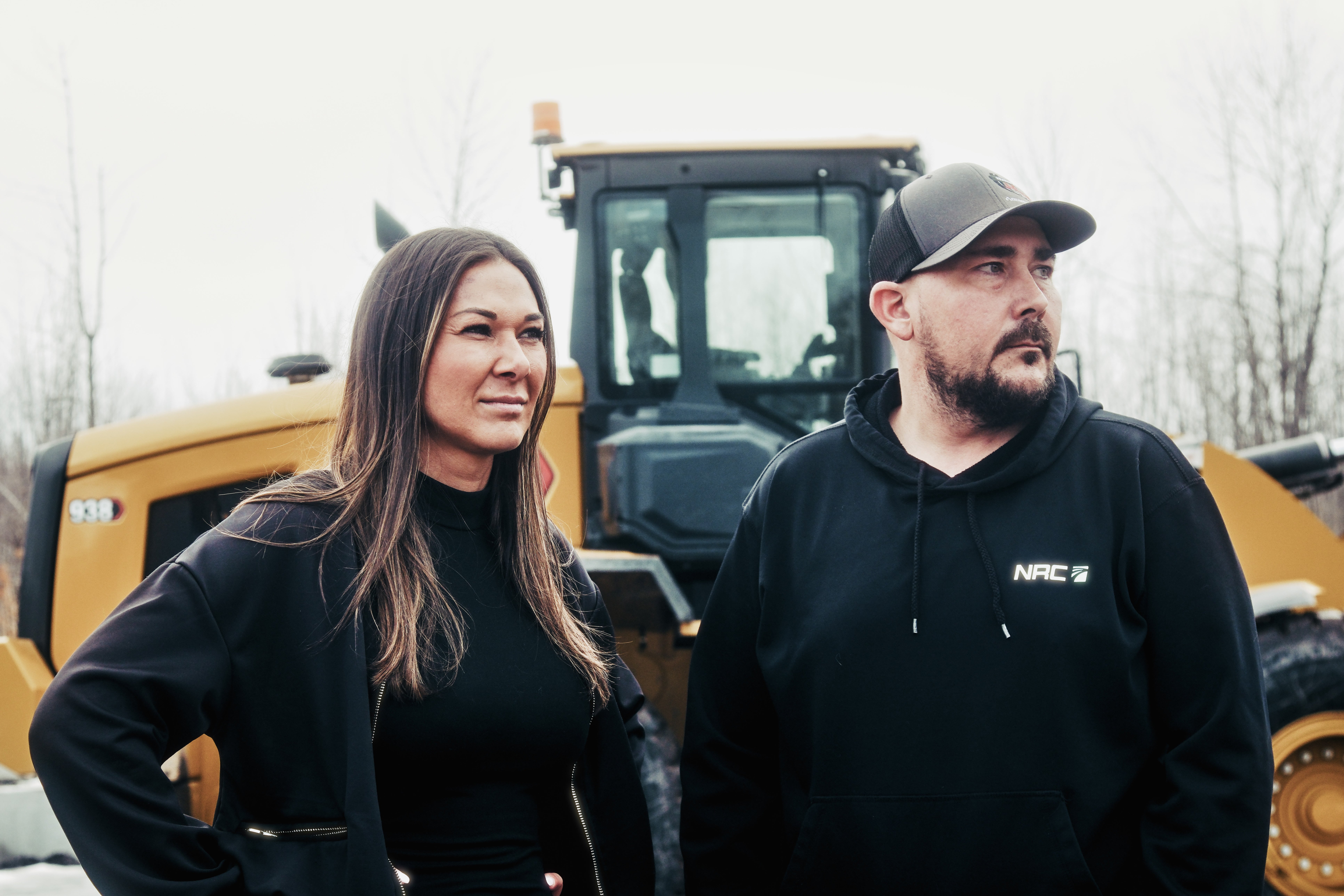
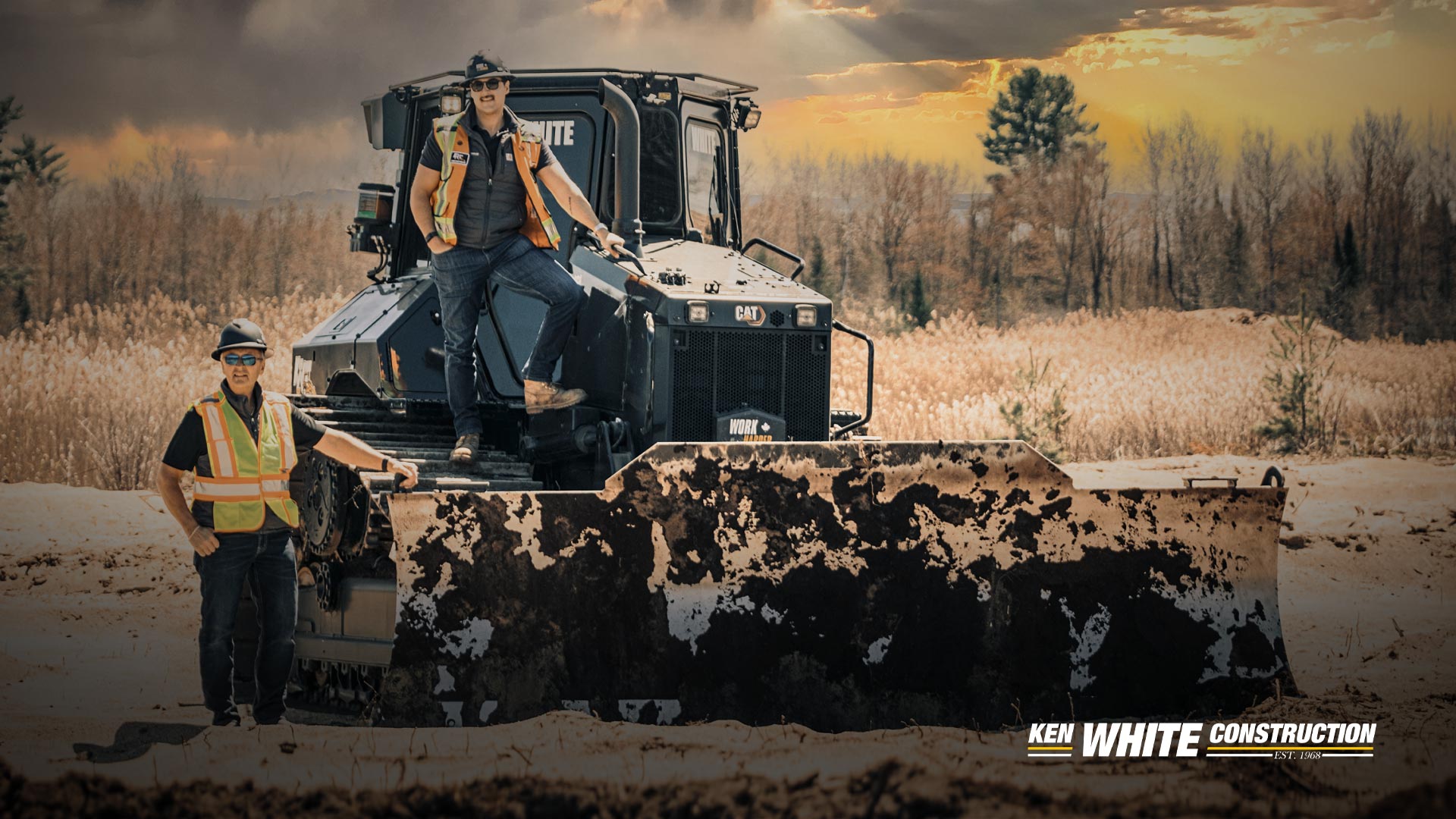
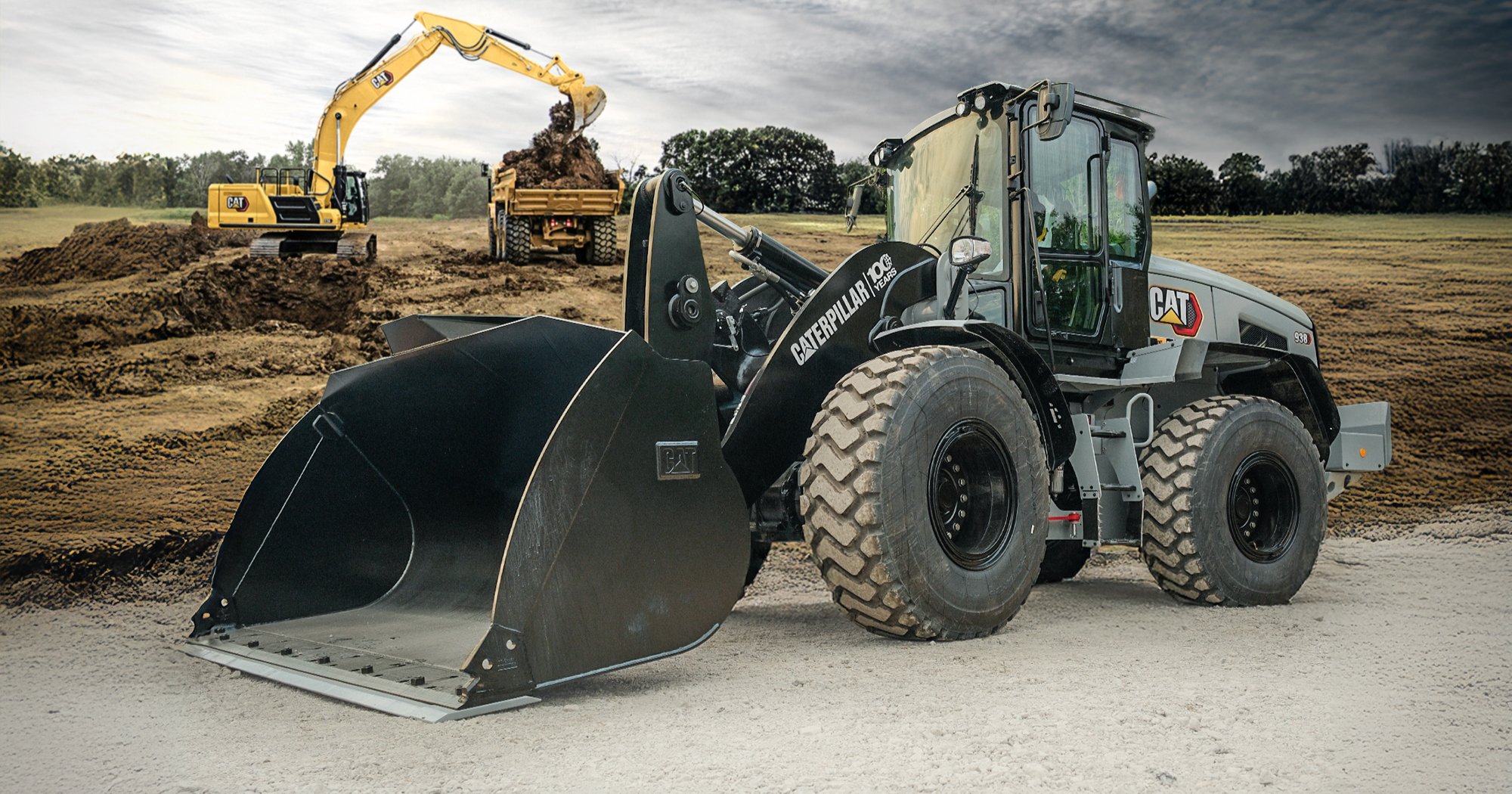
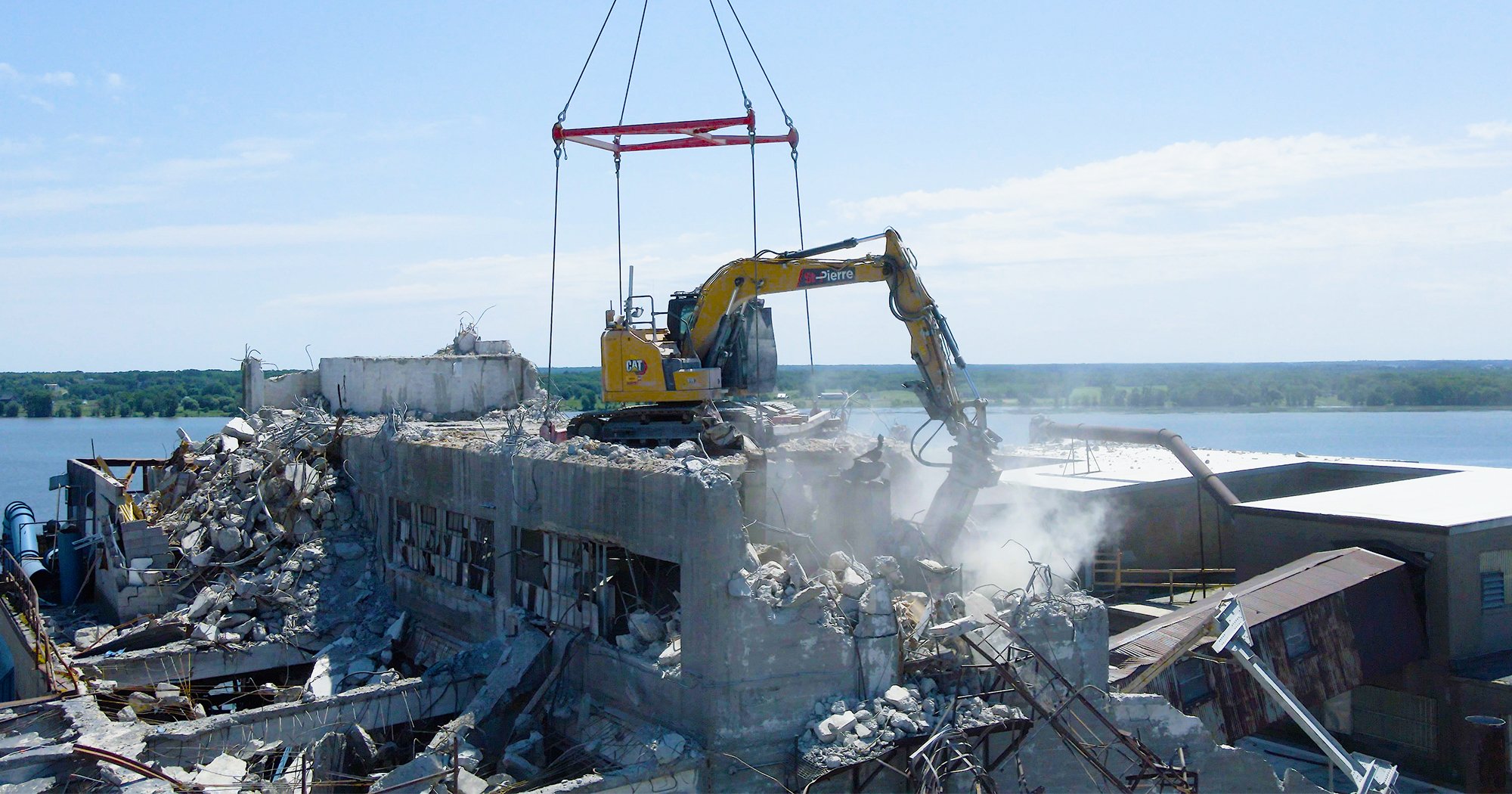
.png)
